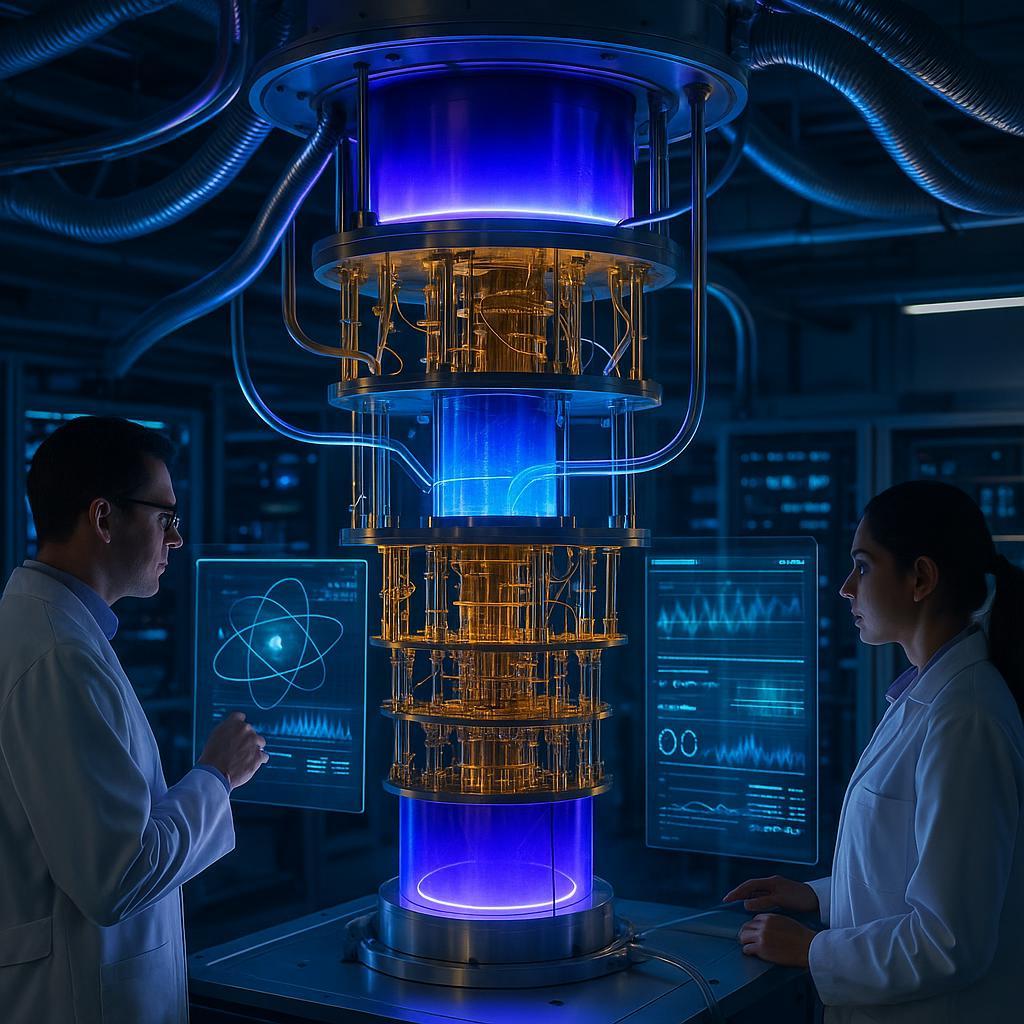Harvard’s Quantum Computing Milestone: Over Two Hours of Continuous Runtime
Researchers at Harvard University have achieved a groundbreaking advancement in the field of quantum computing. They have successfully developed the first-ever quantum computer capable of running continuously for over two hours without the need for restarting.
This remarkable achievement signifies a 55,000% improvement in operational time when compared to existing systems, which typically run for only milliseconds. This breakthrough tackles one of the most significant challenges in quantum computing known as “atom loss”. This phenomenon occurs when quantum bits (qubits) escape the system, leading to information loss and system failure.
The innovative team at Harvard, led by University Professor Mikhail Lukin, devised a unique solution. They used “optical lattice conveyor belts” and “optical tweezers” to continuously replenish lost qubits. The newly developed system houses 3,000 qubits and has the capacity to inject 300,000 atoms per second, effectively overcoming the rate of qubit loss.
Research associate Tout T. Wang stated, “there is fundamentally nothing limiting how long our quantum computers can run for” with this new approach. The groundbreaking research was published in the Nature journal in September 2025. The team members have suggested that quantum computers capable of running indefinitely could be a reality in just three years.

